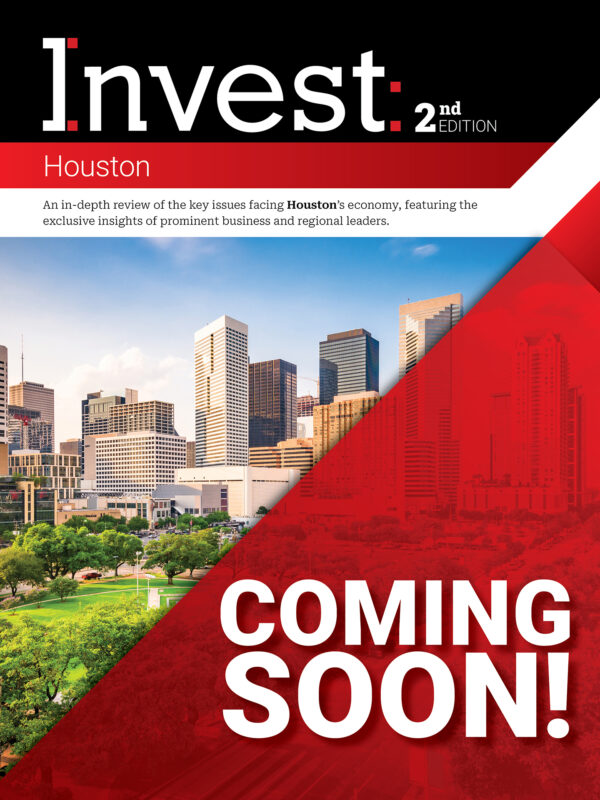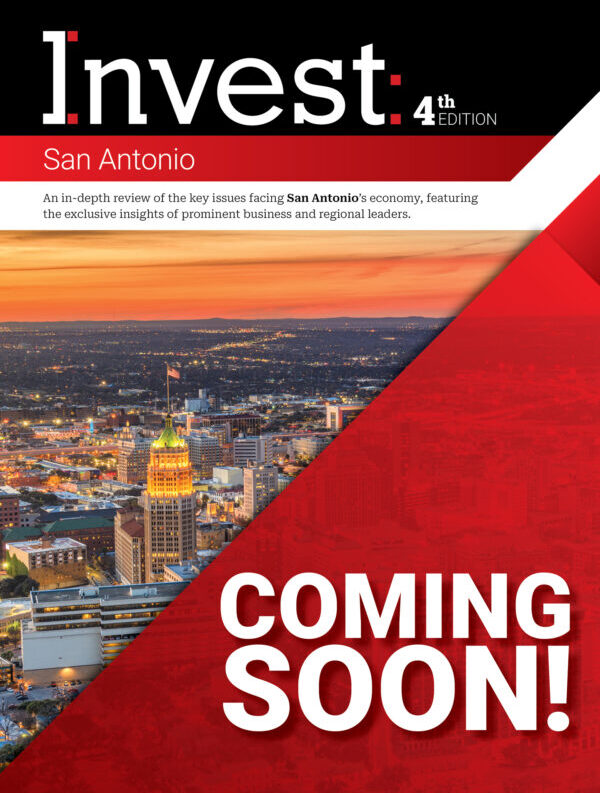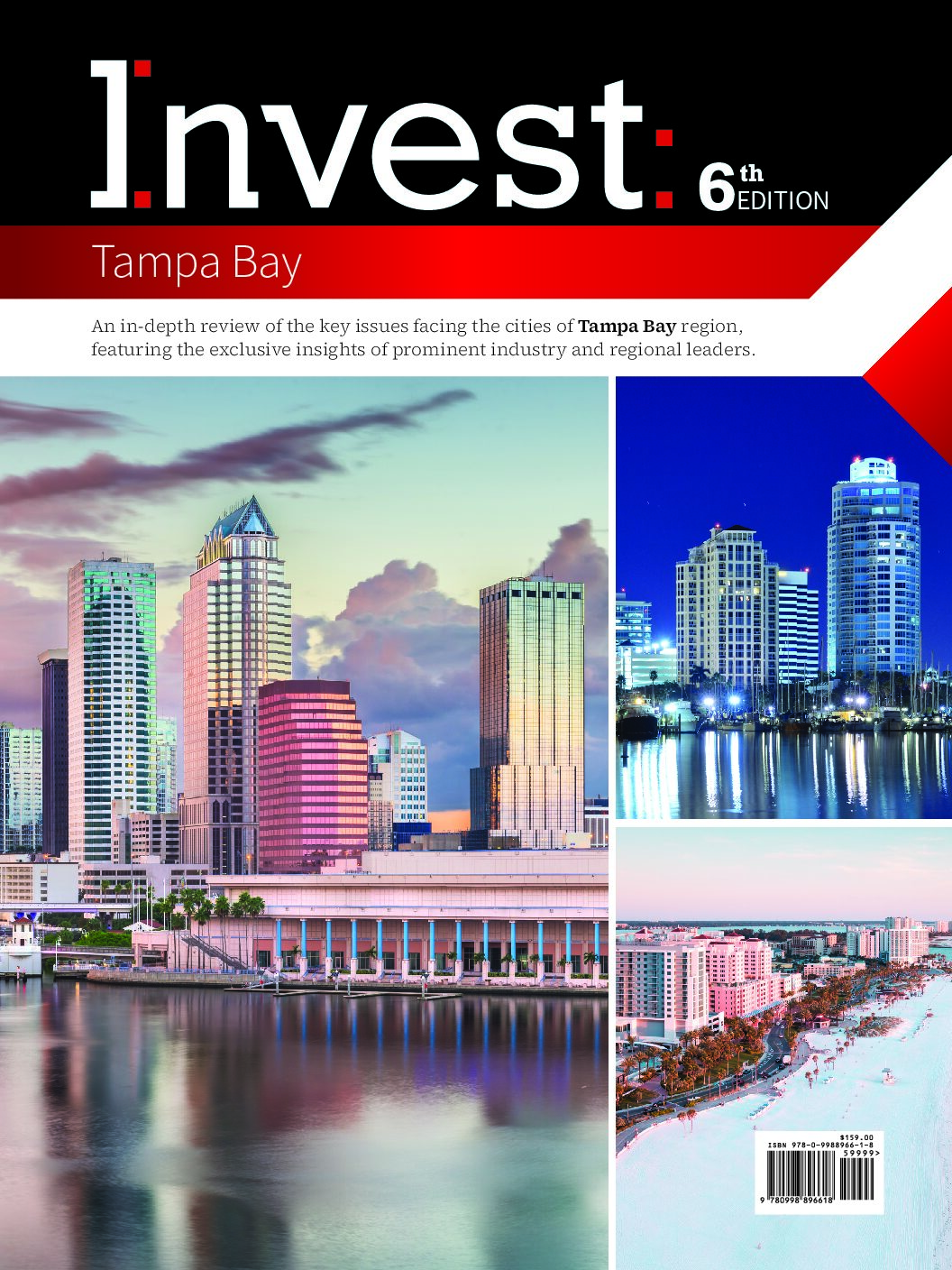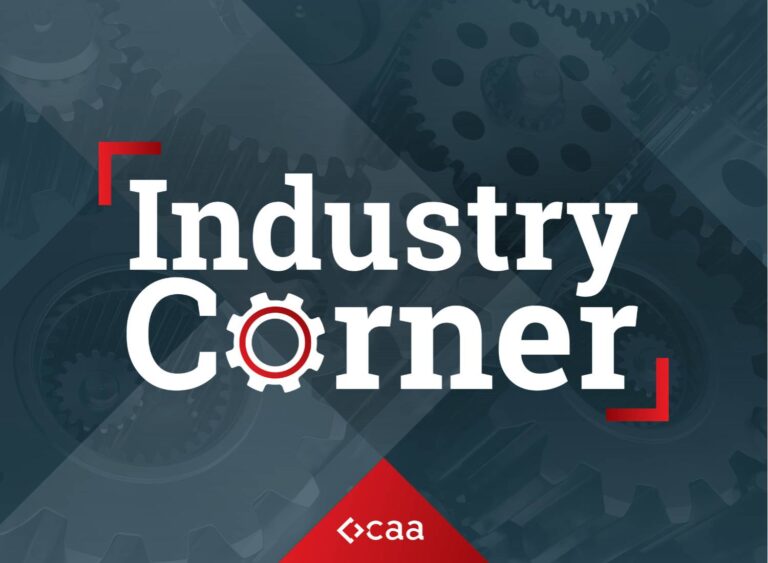Spotlight On: Ras Baraka, Mayor, City of Newark
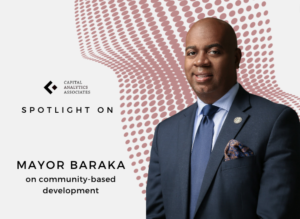 July 2023 — In an interview with Invest:, Ras Baraka, Mayor of the City of Newark, talked about developing the city through the Newark 360 master plan, what makes Newark an attractive destination for businesses and the alternative model that Newark used to replace its lead pipes instead of relying on federal or state funding.
July 2023 — In an interview with Invest:, Ras Baraka, Mayor of the City of Newark, talked about developing the city through the Newark 360 master plan, what makes Newark an attractive destination for businesses and the alternative model that Newark used to replace its lead pipes instead of relying on federal or state funding.
What are some recent developments on the Newark 360 program?
Right now, we are at a phase where we have to get it voted on by the municipal council so that we can update the zoning laws in the city to reflect what the master plan has laid out. Within the master plan, we focus a lot on community-based development, creating a walkable city, ensuring that there’s access to transportation and dealing with some of the opportunities for growth in areas where we didn’t see growth before, among others. But for the most part, it’s community-based development where the zoning gives us the opportunity to create the density that we need in these communities alongside creating a walkable and environmentally safe city.
What have been some initiatives in the past year to improve public safety?
We ended 2022 with a 60-year low in terms of violent crimes, such as homicides, which is notable as many cities are moving on an opposite trajectory. While we still have our issues, they are trending downward, which is good. We put together the office of violence prevention, we expanded our hiring of social workers and we are doing more around providing employment opportunities for the youth who are not employed and do not necessarily have a college degree, a high-school diploma or engaged in school at all. We want to ensure that these young people have entry points into the economy and thus into society. Having done this at various places, we can say that there has been an impact on the violence and crime that we see in the city. So, we’re just going to continue doing this. After all, in terms of workforce training, you don’t necessarily need a four-year degree, which is why there are a lot more programs, especially in the state of New Jersey, that seek to create new career paths. For instance, in our Summer Youth Development program, there were programs especially around technology to give kids the necessary access to coding and technology and we are going to continue to do that. Also, Newark owns its own fiber so we are attempting to create this level of connectivity in the city where people have access to not just broadband but to cheaper or cost-free broadband.
What makes Newark an attractive place for tech startups and entrepreneurs?
Honestly, Newark is a prime location for most businesses, not just tech, and I say that because people are beginning to see that the geographic location is one key factor due to the access to all of the transportation networks that are here and the proximity to New York City, which is one of the largest markets in the world. Moreover, the fact that we own our own fiber gives folks access to the kind of internet speed that in some cases is unparalleled. Also, we have the university community here, with enough talent to feed the businesses that are growing or want to come to this community. The city has also been promoting startups alongside the state to create a supportive environment for individuals who are interested in bringing their businesses to Newark. This is why Mars Wrigley is here and why top tech companies are also looking to come to the city of Newark. The university community, the transportation infrastructure, our commitment to investing in startups and our proximity to New York are some reasons to be here. As an example, when we were in the chase for Amazon, we were at the top of the list due to exactly these characteristics.
How would you describe the collaboration between both the residents and the business community in Newark?
The business community in Newark has been incredibly helpful this last decade and we have been in lockstep with them, whether we talk about the anchor collaborative that’s led by Rutgers University and all of the anchor institutions that exist here and are hiring Newark residents. We made a goal to hire Newark residents and by the beginning of 2020, we had hired close to 4,000 residents. So, whether it’s the university of Rutgers opening up its campus and accepting more Newark residents or NJIT doing the same thing, the fact that the universities are using their procurement dollars means something. Moreover, the corporations are also using their procurement dollars to invest more in small businesses within the city of Newark. We also have companies, such as Audible, that give stipends to their employees, who in turn use the money at Newark restaurants, for example.
How have infrastructure improvements regarding lead service lines replacement created opportunities for state and federal funding?
All of this money is available because of all the work we did. We changed 23,000 lead lines in less than three years, while you have cities that have 5,000 lines and they’re still five years in because they followed a model that existed prior, which was the infrastructure bank. Within this model you get money gradually, you make sure you change your corrosion control so the lead is not leaching off the pipe, after which you change the lead service lines gradually. Obviously, we didn’t want to do that because lead had become a real problem for us. So, we decided to speed this up by finding the money and we did that. If these cities had the capital up front, this problem would be solved very quickly and efficiently because you already have an amazing infrastructure in place. Now that we have proven that this is a viable model, people are trying to find the capital to give to individuals to get this done now because it actually can be done very efficiently and effectively.
For more information, visit:


